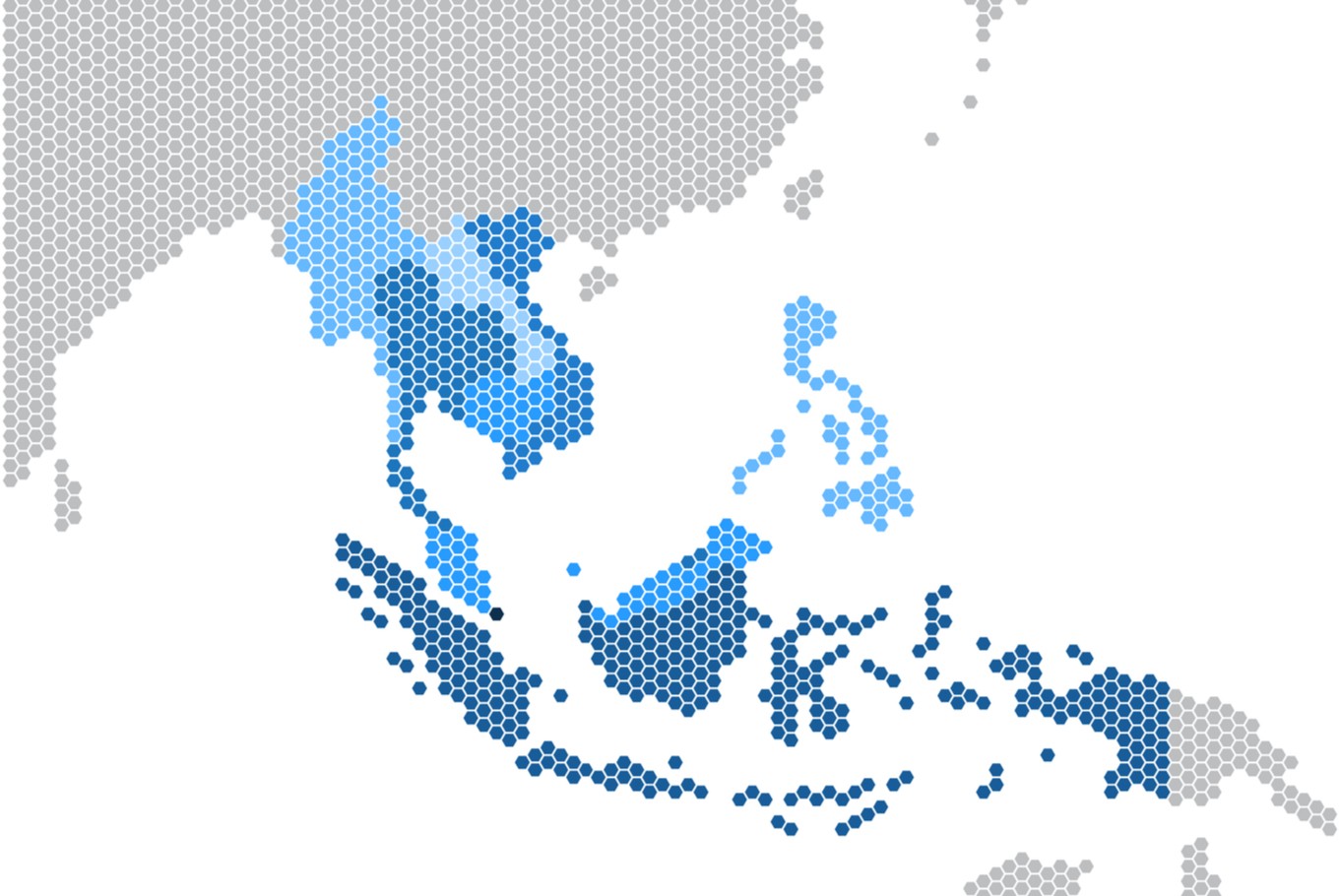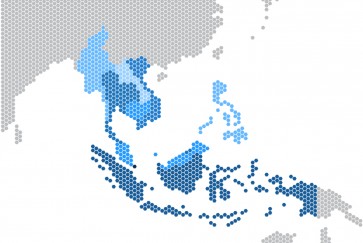Popular Reads
Top Results
Can't find what you're looking for?
View all search resultsPopular Reads
Top Results
Can't find what you're looking for?
View all search resultsIn 2019, has ASEAN redefined the Indo-Pacific?
Being situated in the eye of the storm and bordering both the Indian and Pacific oceans with the South China Sea at its doorstep, Indonesia wanted ASEAN to have a say in shaping the regional order.
Change text size
Gift Premium Articles
to Anyone
A
fter accompanying President Joko “Jokowi” Widodo for an ASEAN Summit plenary meeting one Saturday night in June this year, Foreign Minister Retno LP Marsudi immediately called for a press briefing announcing the adoption of a five-page document that would come to be known as the ASEAN Outlook on the Indo-Pacific (AOIP).
The document, which was already in the works for almost a year at that point, outlined the group’s shared stance in a region that straddled the Indian and Pacific oceans — the result of a shifting geopolitical landscape ushered in by the rise of China and a preoccupied United States.
“From now on, when we discuss the Indo-Pacific, ASEAN as a whole has a perspective on what elements it should entail, what principles are used and what cooperation we want,” Retno said in Bangkok at the time.
The adoption of the outlook document, while still sparse in its textual dimensions, was arguably one of Indonesia’s biggest diplomatic achievements this year, especially with the amount of skepticism and the rumors of pushback from fellow ASEAN members that circulated in the weeks leading up to the Bangkok summit.
President Jokowi was named The Straits Times’ “Asian of the Year” for his role in introducing the AOIP cooperation concept, the Singapore-based newspapers’ editors said.
Many countries have already devised policy papers about this expanded Asia-Pacific region in the past few years, all of them competing to pen a vision of a regional order that best suits their respective national interests.
The idea of an Indo-Pacific vision is itself not new, as foreign policy practitioners and experts around the world have made use of the term in one way or another. But it was US President Donald Trump who unwittingly brought it into the mainstream during his Asian tour in 2017, when he decided to run with what insiders say was a remnant of Obama-era foreign policy.















